Butterfly Loves Flower (1978)
Gênero : Drama
Runtime : 0M
Director : Yuan Naichen, He Keren
Sinopse
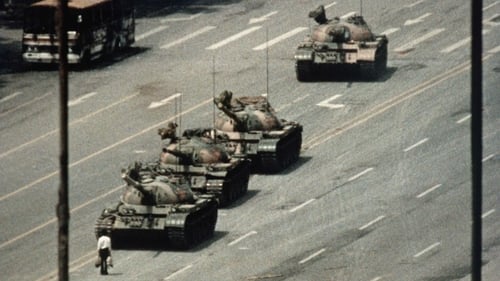
The Gate of Heavenly Peace is a feature-length documentary about the 1989 protest movement, reflecting the drama, tension, humor, absurdity, heroism, and many tragedies of the six weeks from April to June in 1989. The film reveals how the hard-liners within the government marginalized moderates among the protesters (including students, workers and intellectuals), while the actions of radical protesters undermined moderates in the government. Moderate voices were gradually cowed and then silenced by extremism and emotionalism on both sides.
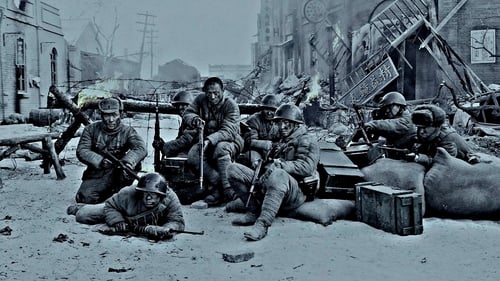
O primeiro filme de guerra do diretor chinês Feng Xiaogang, ASSEMBLÉIA, conta a história do alto ponto da sangrenta Guerra Civil Chinesa de 1948, um líder de uma companhia do Exército da Libertação (Liberation Army), do lado comunista, foi ordenado a comandar 47 de seus homens para defender uma posição por pelo menos quatro horas. Eles poderiam sair em retirada uma vez que ouvissem a chamada da assembléia. A chamada nunca veio e todos, menos o líder da companhia, morreram. Alguns anos depois, lutando em outra Guerra na Coréia, ele ainda procura pela explicação por nunca terem ouvido a chamada da assembléia e tenta provar que todos os seus homens morreram como verdadeiros heróis.

Documentary about the life of Sidney Rittenberg, an American who spent over 30 years in China and was an active participant in the Chinese communist revolution.

Depois do final da Segunda Guerra Mundial, com a rendição dos japoneses, o Exército de Libertação Popular da China precisa retomar o controle de diversas áreas que são dominadas por rebeldes que ajudavam os inimigos a guardar armas, munição e outras provisões. Shao Jianbo, mais conhecido como Capitão 203, lidera um grupo de 30 homens cuja missão é chegar à Montanha do Tigre.

This is the story of a Chinese hacking the American capitalist system, a Czech fight, chickens, doomsday.
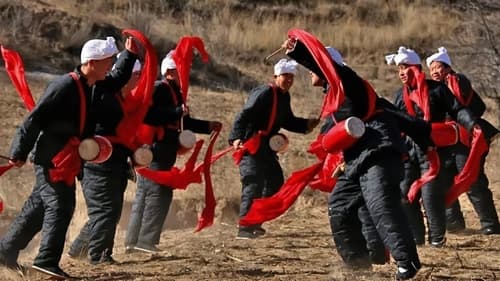
Conta a história de um soldado comunista que é enviado para o interior do país, com a missão de pesquisar e aprender canções tradicionais e populares. Ele se hospeda com uma família de camponeses e descobre muito mais do que simples canções. Primeiro filme de Chen Kaige, de Adeus Minha Concubina (1993), O Imperador e o Assassino (1999) e A Promessa (2005).

Pre-Cultural Revolution propaganda at its most lavish, this model opera depicts the history and evolution of the Communist Party of China under Mao Zedong from its founding in July 1921 to the establishment of "New China" in 1949. Detailed in the musical are several key events in CPC history such as the Northern Expedition, the KMT-led Shanghai massacre of 1927, the Nanchang Uprising and formation of the People's Liberation Army, the Long March and the founding of the PRC on October 1, 1949.

Xu Xin’s film “Dao Lu” (China 2012) offers an exclusive “in camera” encounter with Zheng Yan, an 83 year-old veteran of the Chinese Red Army, who calmly relates how he has navigated his country’s turbulent history over three-quarters of a century.Born to a wealthy family in a foreign concession, Yan joined the Chinese Communist Party (CCP) in 1941 because he sincerely believed in the socialist project, and in its immediate capacity to free China from the Japanese yoke and eradicate deep-rooted corruption.


As the Communist Party of China celebrates its 100th anniversary, this documentary looks back at the party’s history, from the 1920’s, to the Civil War, the Great Leap Forward, the Great Famine, the Cultural Revolution and the reforms by Mao Zedong and Deng Xiaoping. Did the Great Famine cost more than 15 million lives? How does the Cultural Revolution continue to shape Chinese politics today? What was capitalism like after Mao’s death? Through rare and never-before-seen historical footage, expert interviews and eyewitness accounts of the Great Famine, Tiananmen incident, and the Cultural Revolution, get to know how one party has so profoundly shaped China.

October 1st, 1957. Dusk descends on Tiananmen Square, Peking. Fireworks crackle light across the night sky, above a city alive with National Day festivities and celebrations. Two intrepid New Zealand film-makers - Rudall and Ramai Te Miha Hayward - are there, documenting the life and times of communist China.

The story of Li Dazhao's revolutionary deeds from 1912 to 1927, and the story of the benevolent and revolutionary pioneers who were led by him to devote themselves to the great cause of Marxism
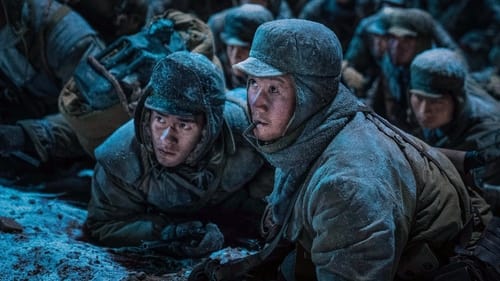
Guerra da Coreia, Inverno de 1950. Na área congelada e coberta de neve do Lago Changjin, está prestes a começar uma sangrenta batalha entre as tropas de elite dos Estados Unidos e da China.
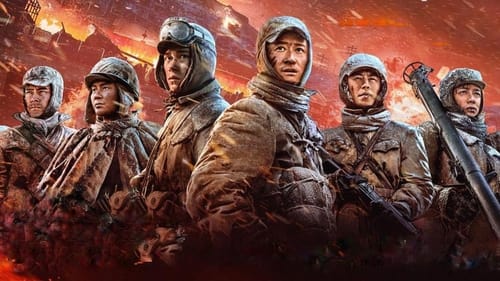
In the follow-up to "The Battle At Lake Changjin", brothers Wu Qianli and Wu Wanli undertake a new task for the People's Volunteer Army, defending a bridge part of the American troops' escape route from the advancing Chinese.
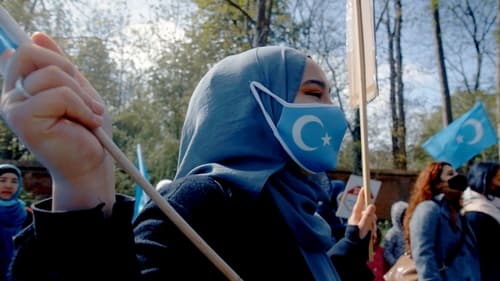
A relentless chronicle of the tragedy of the Uighurs, an ethnic minority of some eleven million people who live in the Xinjiang region of northwest China, speak a Turkic language and practice the Muslim religion. The Uighurs suffer brutal cultural and political oppression by Xin Jinping's tyrannical government: torture, disappearances, forced labor, re-education of children and adults, mass sterilizations, extensive surveillance and destruction of historical heritage.













